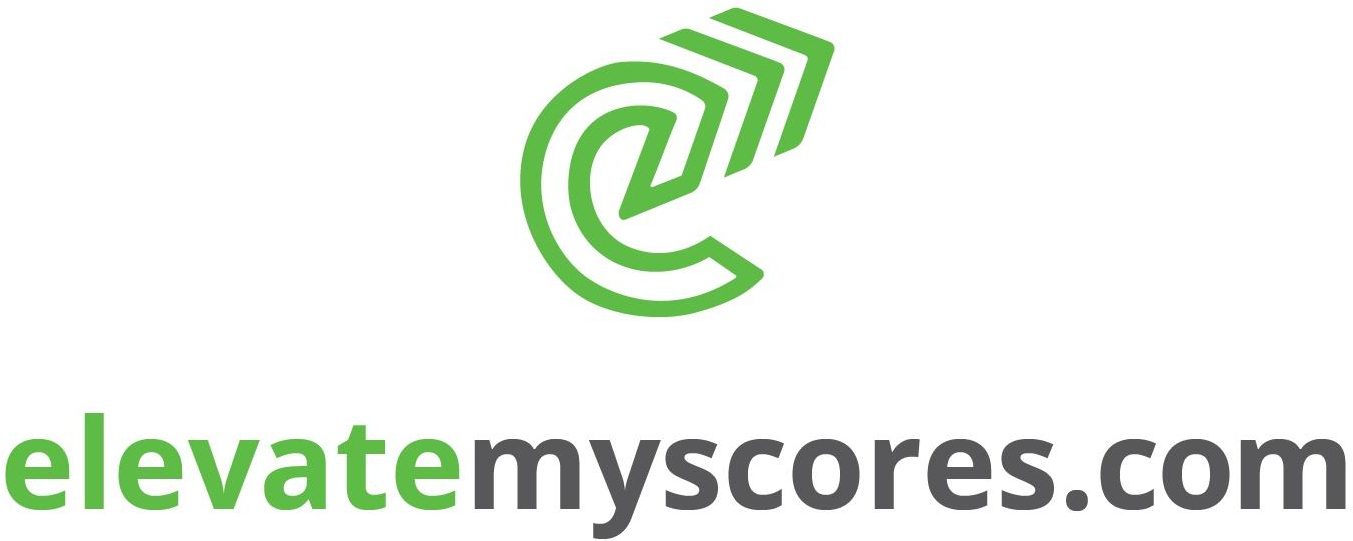From home loans, to auto loans to bank loans, FICO is used in 90% of all lending decisions; however many consumers are viewing their credit scores from a VantageScore. According to US News, VantageScore was designed to provide a consistent credit scoring model that could be used by Equifax, Experian and TransUnion, the three national credit reporting companies.
Developed in 2006 as an alternative to the more established FICO scores, VantageScore also aimed to expand the number of people who receive credit scores. John Ulzheimer, a credit expert who worked for Equifax and FICO, credits VantageScore for creating the free credit score market.
The VantageScore model uses data such as rent, utility, and telecom billing information, public records, and older credit file information to develop a profile of consumers.
The VantageScore is primarily used by websites such as Credit Karma to show consumers their credit scores. Other sources include nonfinancial institutions, such as consumer websites, and utility companies, use VantageScore for credit screening checks. The VantageScore can be skwed compared to a FICO driven score and can throw off consumers especially those buying a home.
What impacts a VantageScore credit score?
Not all factors have the same impact on a VantageScore credit score, according to VantageScore’s website.
These are the categories that impact a VantageScore credit score:
Extremely
Influential
Payment history:
All bills should be paid on time.
Highly
Influential
Type and duration of credit: It’s helpful to maintain a mix of accounts (credit cards, auto
mortgage) over time to improve a score.
Percentage of credit limit used: Keeping revolving balances under 30% of
credit limits.
Moderately
Influential
Total balances/debt:
Reducing the amount of debt owed.
Less
Influential
Recent credit behavior and inquiries: A client should not open too many new accounts too quickly.
Available credit: A client should only open the amount of credit needed.
There are a lot of things that don’t factor into the VantageScore model, or any other credit scoring model: race, color, religion, nationality, gender, marital status, age, salary, occupation, title, employer, employment history, address or total assets.
A VantageScore can help understand what lenders consider when making credit decisions, and is available through many credit monitoring sites.
